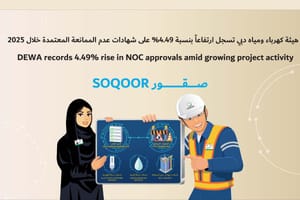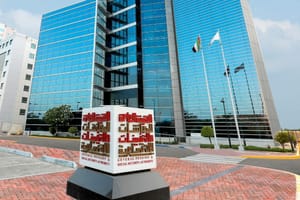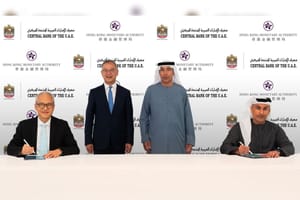Over 2.1 million work permits were issued last year, marking a 38 per cent growth compared to the previous year’s 1.5 million
More than a year has passed since the UAE implemented major reforms as part of its new labour law.
Called ‘Regulation of Labour Relations law and its executive regulations’, the reforms improved the UAE’s labour market, a top official has said. Dr Abdulrahman Al Awar, Minister of Human Resources and Emiratisation, said the law boosted the UAE’s competitiveness and productivity, enhanced ease of doing business, and attracted national and international talents.
The law offers employers and employees various options for their contractual relations. Among other reforms, the law set out multiple work models, including full-time and part-time jobs; temporary work and flexible hours.
The Ministry of Human Resources and Emiratisation (MOHRE) started issuing 12 types of work permits, including those for students, Golden Visa holders, and freelancers. New types of leaves like those for bereavement and studies were implemented as well.
The year 2022 witnessed an 11 per cent growth in the total number of private sector establishments, compared to 2021. More than 2.1 million work permits were issued last year — a whopping 38 per cent growth compared to the previous year’s 1.5 million.
The overall number of employees in the private sector jumped by 13 per cent, the minister added.
“Most notably, women’s participation in the private sector increased by 20 per cent in 2022. This … is testament to the UAE leadership’s support for women and the efficiency of labour market legislation and national policies to achieve a greater inclusion and diversity in the workplace,”
said Dr Al Awar.
Emiratisation
The number of Emiratis in the private sector increased by 70 per cent last year, as the country’s mandatory Emiratisation scheme went into effect.
This reflects the
“strength of our economy and the diversity of job opportunities in the private sector”.
“We are doubling our efforts to build a competitive labour market that empowers Emiratis and attracts international talent,”
said Dr Al Awar.
A federal law aims to raise Emiratisation rates by 2 per cent annually to reach 10 per cent by the end of 2026. Firms were required to have 2 per cent Emiratis in skilled roles by the end of 2022. This year (2023), they have to add 1 per cent by July 1, and another 1 per cent by the end of the year.
News Source: Khaleej Times









